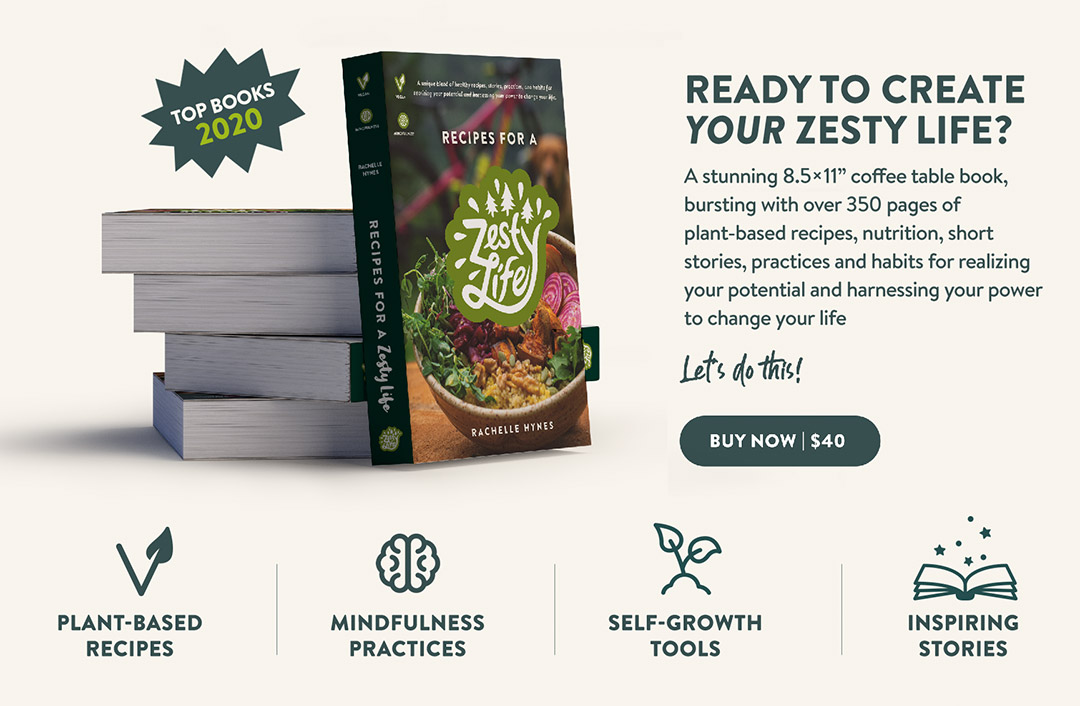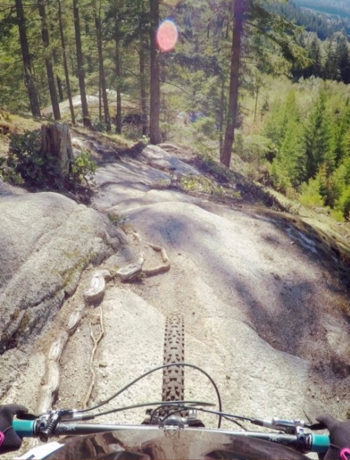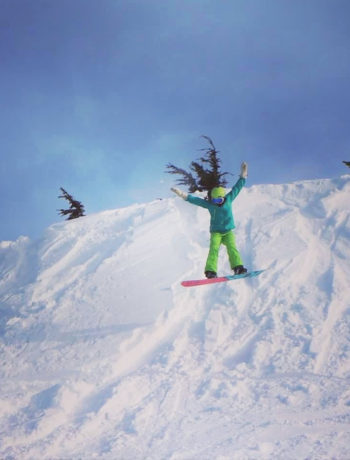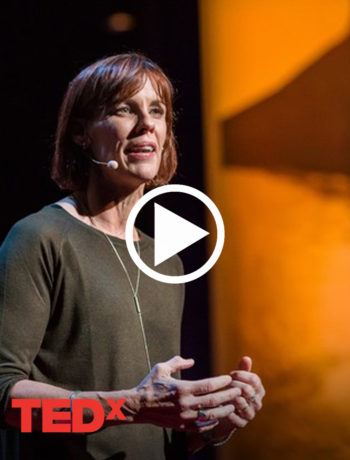Time flies when you’re having fun
Have you ever been in the midst of a sublime full body massage, or a moment of rapture with a lover and time seemed to disappear like sand between your fingers? Conversely, have you stood in a grocery line or sat through a business meeting and time stretched on like watching paint dry? Time is a prominent subject in our lives—thoughts about the past, concerns about the future—but how well do we really understand it?
Why does life seem to be zooming by during the good times, yet we feel as if time stretches on in the presence of slow drivers, slow walkers, and slow wifi. In Einstein’s “theory of relativity” we are shown that time is not a constant. He suggests that time can run faster or slower depending on your elevation level and how fast you are traveling, and that the mere act of observing something actually changes the very thing being observed.
Time flies, but you’re the pilot
Without making you want to poke your eyes out with sticks, I’ll explain an Einstein theory for dummies, it’s called “Time Dilation“. Time dilation is the idea that as you move through space, time itself is measured differently for the moving object than the unmoving object. He states that, if you go somewhere with more gravity, or you move around really fast (more velocity), you will actually experience a slower passage of time, which also means—although unnoticeable to the naked eye—you age relatively slower than that person standing still! …”Sorry officer, I know I was speeding, but I’m just trying to stay young!”
“Put your hand on a hot stove for a minute, and it seems like an hour. Sit with a pretty girl for an hour, and it seems like a minute. That’s relativity.” — Albert Einstein
People who are subject to different amounts of gravity experience time at relatively different speeds even though, in their own experience, time seems to be passing at its normal speed. Experiments at a particle accelerator in Germany confirm that time moves slower for a moving clock than for a stationary one.
The most interesting factor in how you experience time though, is the brains ability to adjust temporal perception, which means the intensity in which you focus on the moment determines the way you perceive time passed—so time doesn’t slow for us, our memory of it simply stretches a bit.
Does time speed up as we age
Neuroscientist, David Eagleman, discovered that the length of time perceived by the brain depends mainly on how much energy the brain requires to create new memories. The more information you take in, the more neural representation required and thus, more energy needed. This might be why time seems to stretch on when we’re kids and zoom past as we age…the more familiar the world becomes, the less information your brain writes down, and when we’re kids, everything is new.
If you’ve ever had a bad crash on your bike or a near-death experience, you’ll notice that things happen in slow motion as you absorb more data from the environment. This is because we’re in a state of total presence, and the extra processing dilates time for the brain. More data = more time experienced. Less data = less time experienced.
How to slow down time and enjoy the moment
Mindfulness. Mindfulness will help you savor the moment, by using the art of being aware, conscious, and sensitive to the details of your current experience. It’s about deliberately directing your attention to details—the more you savour the details, the more memories you’ll be laying down and the slower time will appear to pass.
How to practice mindfulness
Whenever you bring awareness to to your experience via your senses, you’re being mindful. Here are a few tips to help slow down time and enjoy the moment:
Notice your body
How are you feeling, is there a warmth or an energy in a particular area of your body?
Feel your breath
Follow the sensation of your breath as it comes in and goes out.
Take in your surroundings
Are you eating a delicious dinner, riding your bike, or laying on the couch with your lover—notice the details, examine every flavour or obstacle or word, what do you smell, how to things feel on your body, what is the temperature like?
Notice when your mind wanders
Inevitably, your attention will at times wander to other places. When you get around to noticing this, simply return your attention to the moment and your breath.
Be kind to your yourself
Don’t judge yourself or obsess over thoughts you find yourself lost in. Just gently bring yourself back to the moment.






No Comments